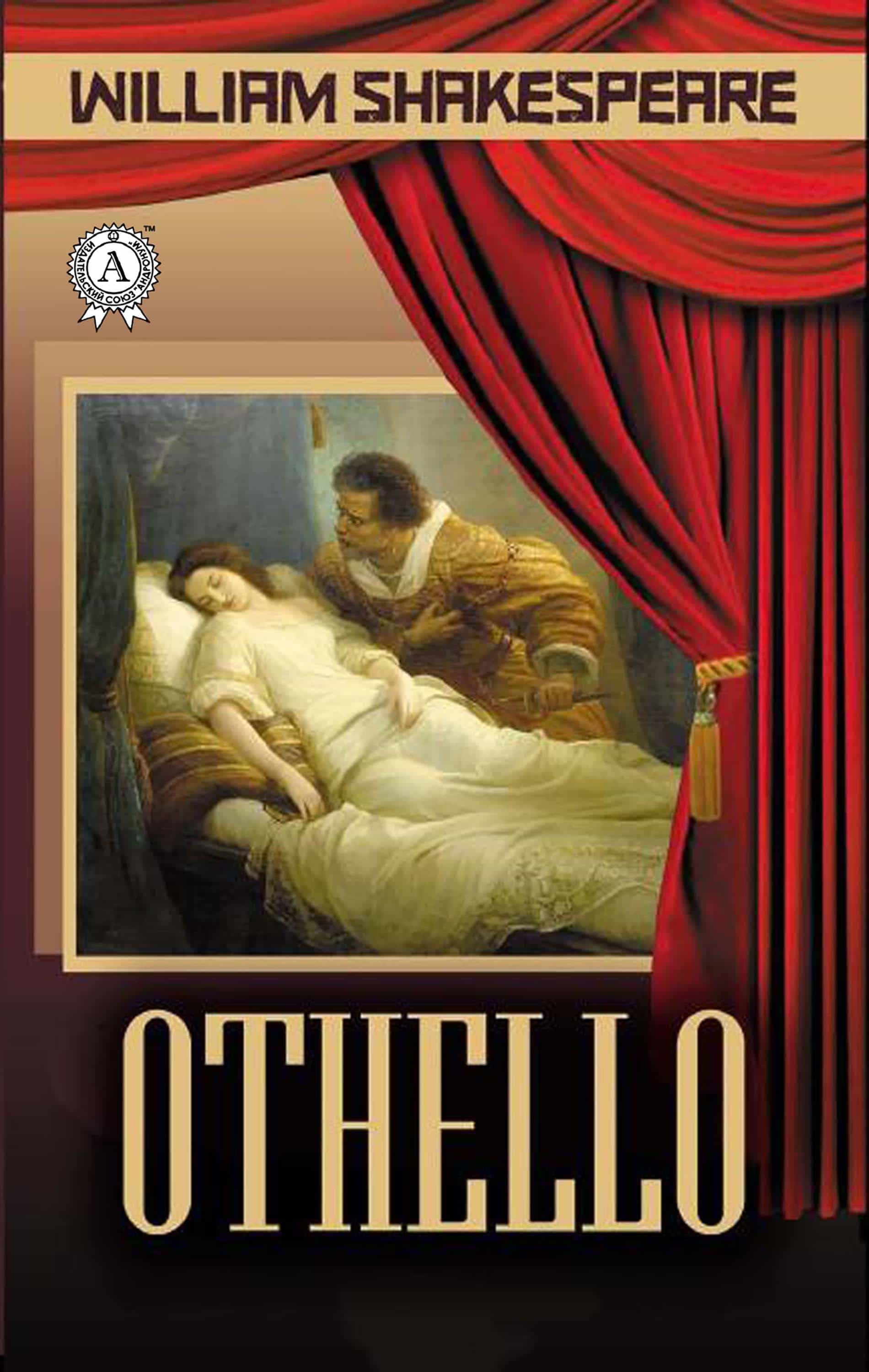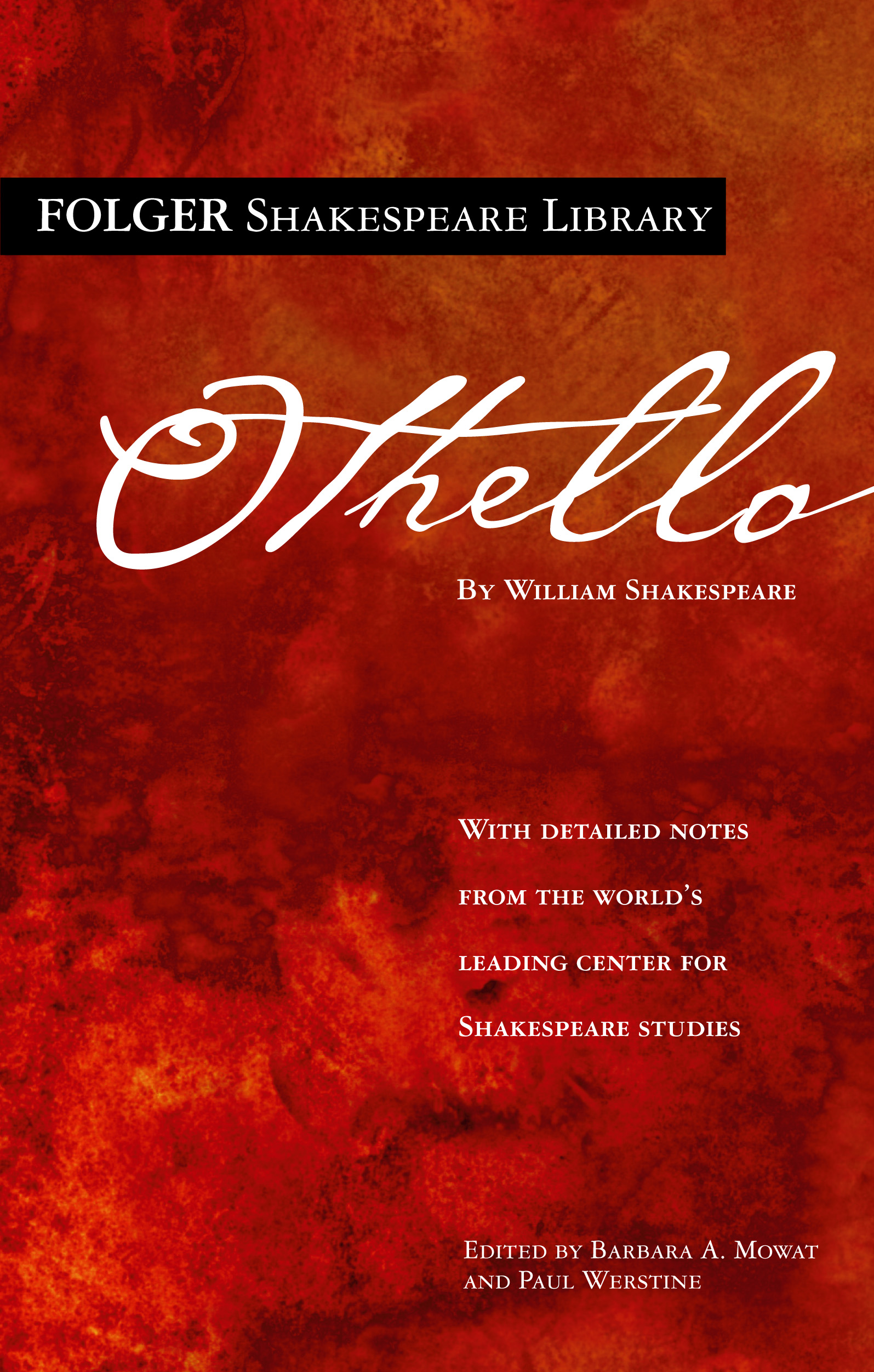

In contrast to Othello whose aural openness to Iago’s racist and misogynist discourse leads to his loss of self-esteem and the dissolution of his relationship to Desdemona, the racist discourse to which Antar was subject was the impetus for his heroism and authorial identity.Īs the words “greedy” and “devour” suggest, listening to Othello’s stories spurs on Desdemona to rebel against the social norms of her “country, credit, everything” (1.3.98). I read Iago’s projection of his evil onto Othello as a verbal intercourse of homosexuality that leads to the destruction of Othello and Desdemona’s heterosexual relationship. As Shakespeare yokes together the otherness of gender and race, Othello’s loss of trust in Desdemona is a result of his inability to trust his racial identity. In addition to the methodology of presentism, drawing on the concepts of Jungian and Freudian psychoanalysis, I argue that Othello’s deafness to the female voice is a defensive strategy in that he punishes Desdemona for the passions he strives to deny in himself. As defined by Ewan Fernie, presentism is ‘a strategy of interpreting texts in relation to current affairs which challenges the dominant fashion of reading Shakespeare historically (169).

To pursue this line of enquiry, I commit myself to the critical methodology of presentism which analyses early modern texts from the perspectives and concerns of present contexts. In my teaching of Othello as a part of Drama and Shakespeare courses to undergraduates at An-Najah National University, I always use the Romance of Antar as an intertext to discuss the role of language in winning female characters and the significance of female characters in constructing Othello’s and Antar’s heroic identities and their assimilation to the mother countries, and the internalization of, resistance to, racist discourse in both Eastern and Western texts. Antar, whose name in Arabic means “courage in war,” is one of the most influential black poets in pre-Islamic Arabia. His deeds of valor as well as his love for his cousin Abla became a part of the literary heritage of the Arabic-speaking world” (62). According to Judith Fobis, “Antara exemplified in his life those traits most highly esteemed by the Bedouins. There are illuminating connections between Shakespeare’s Othello’s racial insecurities and the story of Antar (525–608), the illegitimate son of Shadad, a well-respected member of the Arabian tribe of Bani Abss, and his mistress Zebeebah, an African slave of Ethiopian origin, who was captured during a tribal war.

Likewise, many Palestinians project their verbal and physical humiliation by the Israeli occupation onto Palestinian women, playing the role of the colonial power in the domestic sphere. I argue that Othello’s projection of the racist and misogynist discourse that Iago breathes into his ears onto Desdemona and his eventual murder of her are signs of Othello’s defeat and loss of self-respect.

In addition, I will present a psychoanalytic reading of Othello which, perhaps more than any other critical approach, can expose uncomfortable truths about the ways in which hidden same-sex desires and loyalties challenge the heterosexual marriage of Desdemona and Othello. While Antar reiterates his otherness without self-contempt, I assert that Othello’s internalisation of the racial discourse leads to his self-degradation which he projects onto Desdemona. The racial discourse that the Romance of Antar embodies enables me to scrutinize this discourse in Othello. I will read the play alongside a Palestinian intertext, the Romance of Antar (525–608), in order to illuminate the ways in which traditional Palestinian culture can be more liberal than that of early modern England. This article makes use of two approaches to examine the misogynist and racist discourses in Shakespeare’s Othello (1604).


 0 kommentar(er)
0 kommentar(er)
